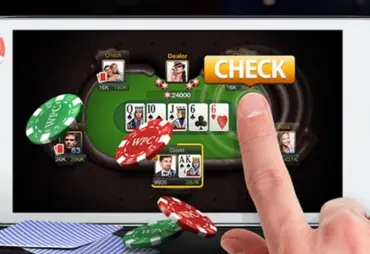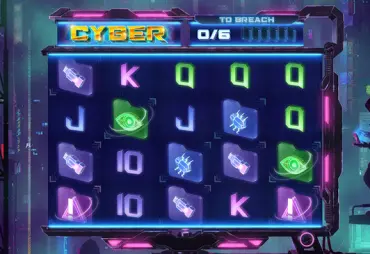It started with a late-night grind. I was multi-tabling some regular online hold'em rooms when a buddy messaged me: “Yo, TON poker is lit.” I blinked. TON? As in The Open Network? Didn’t take me long to go down that rabbit hole—and let me tell you, this ain’t just crypto slapped on cards. It’s poker rebuilt from the blockchain up, and it’s got some real heat.
What the Hell Is TON Poker, Anyway?
Alright, basics first. TON stands for The Open Network, a next-gen blockchain originally kicked off by Telegram and now community-driven. Fast, cheap, scalable—it’s the kind of infrastructure Web3 dreams of. And now, it’s hosting poker.
TON poker isn’t just an online poker room that accepts crypto. It’s smart contract-based, which means your chips, pots, shuffles, and payouts can all be handled on-chain. Transparent. Trustless. No shady RNG hidden behind some offshore server. We’re talking full provable fairness backed by blockchain math.
What really sets it off is the integration with TON wallets and Telegram itself. You can literally sit at a table from inside a chat app, stake your TON tokens, and watch it all run smooth as silk without a casino middleman breathing down your neck.
Blinds, Bots, and Blockchain Bonuses
Gameplay-wise? It’s solid. Whether you’re into Texas Hold’em, short deck, or even Open Face Chinese (yeah, some rooms go deep), the action’s there. You’ve got gasless microtransactions, meaning every bet and call isn’t costing you more in fees than the pot’s worth.
TON-based poker platforms often incentivize liquidity—think rakebacks in tokens, leaderboard prizes in NFTs, and exclusive freerolls for wallet holders. It’s like merging DeFi farming with a late-night tourney grind. Some rooms even let you stake into the poker protocol itself, earning passive income from other players' action. Now you’re not just playing the game—you’re the house.
One spicy angle? Since everything is on-chain, some rooms are bot-resistant by design. Harder for scripts to auto-fold or mass-grind hands when each move needs wallet authentication. That’s a major plus for grinders tired of tables infested with AI zombies.
TON vs. Traditional Poker Rooms
Let’s talk contrasts. Traditional poker sites? Centralized, often slow on cashouts, with opaque shuffling algorithms and questionable customer service. Even if they offer crypto deposits, it’s usually surface-level. But in TON poker, your balance is your wallet—nobody holds your chips but you. Payouts? Instant. Cards? Shuffled using verifiable cryptographic randomness.
Security-wise, TON poker leans into zero-custody systems. So even if the platform rug-pulls (it’s crypto, after all), your funds don’t vanish with it. That's a game-changer for high-stakes players or whales who’ve been burned before.
So, Is It Worth the Stack?
TON poker’s still fresh—some kinks, smaller player pools, and evolving UIs—but the tech is next level. It’s for grinders who are tired of waiting five business days to get their winnings and want real transparency behind the felt. It’s for Web3 heads who love gambling but hate middlemen.
I still hit up the old-school rooms for nostalgia. But when I want the future in my hand, TON poker is where my chips go. Fast tables, real ownership, zero BS. Welcome to poker 3.0—where bluffs are real, and your wallet is the player.
Other Interesting Posts

What Are Club Poker Applications
Club poker apps are a world apart from "classic" poker rooms. Some say the players there are weak, the winnings are double-digit, and the grass is greener.

Big Catch Bass Fishing: Slot Overview
Get ready to cast your line and embark on an exciting fishing expedition like no other with the latest addition to the world of online slots - Big Catch Bass Fishing!

Immerse Yourself in the Cyber World with Cyber Attack Slot: A Thrilling Technological Adventure
Get ready to step into the virtual realm of Cyber Attack, the latest addition to the world of online slots. Released just a few days ago
Subscribe to our newsletter
Stay in range

